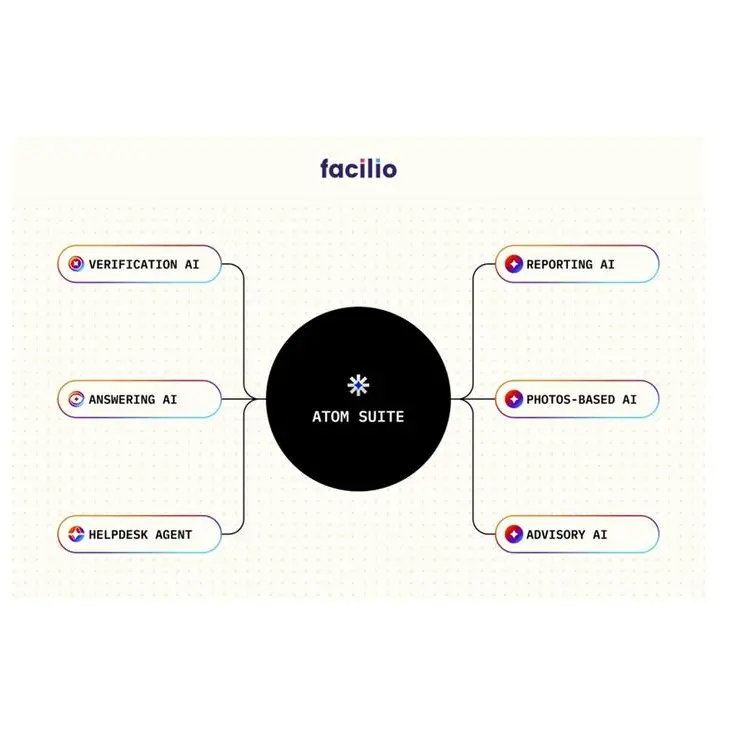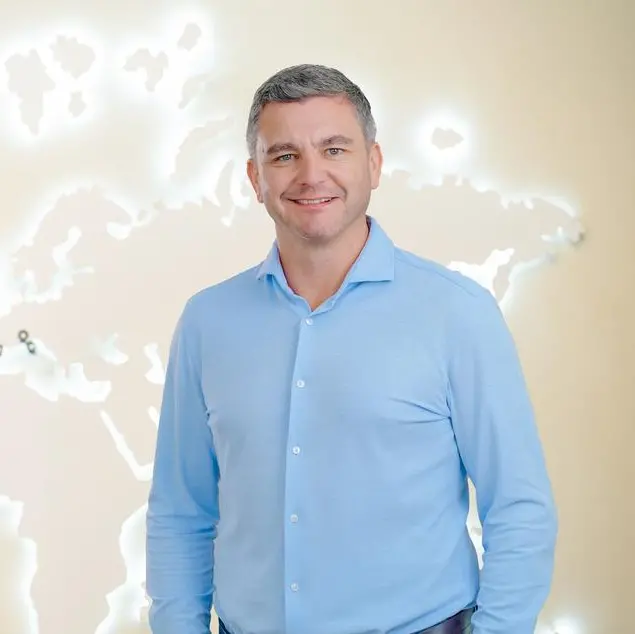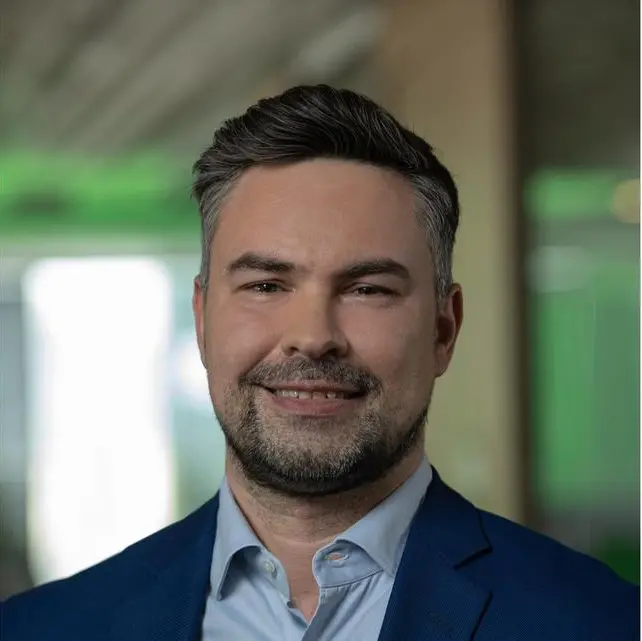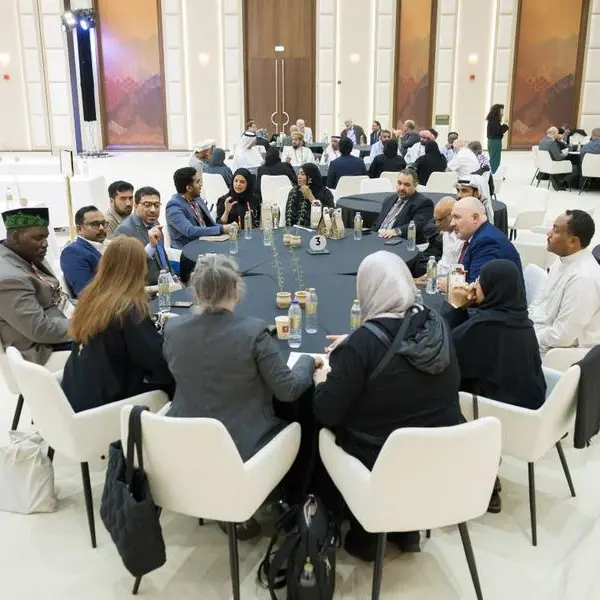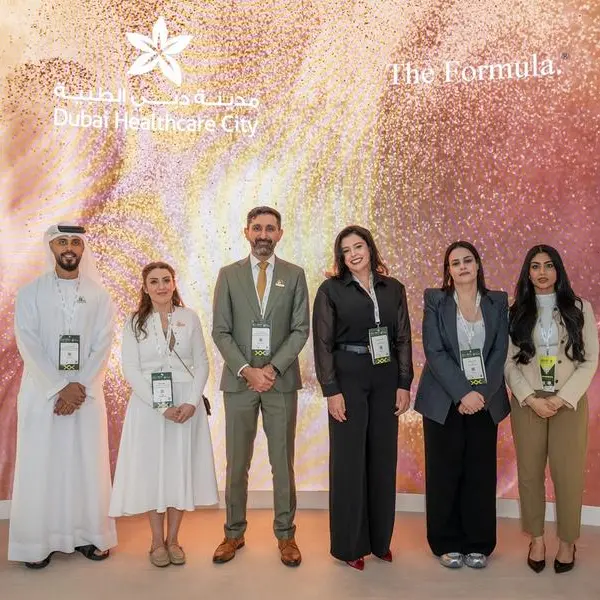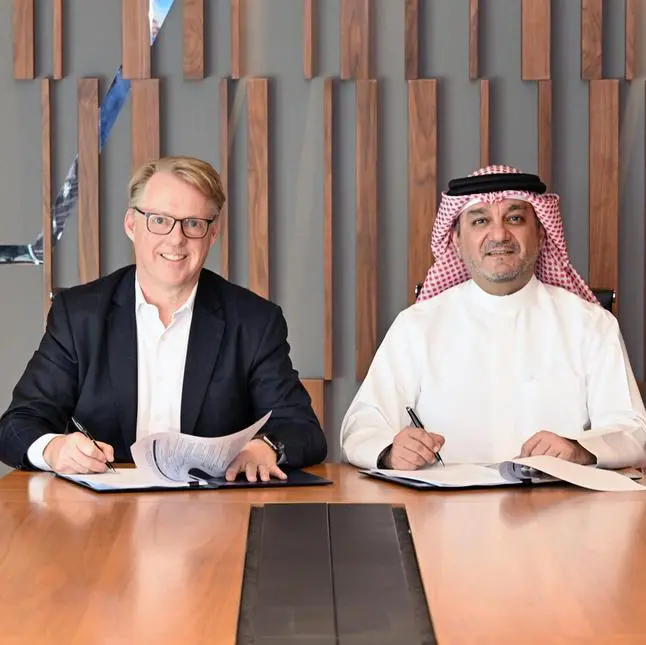According to Kaspersky’s Family Report, more than a quarter (28%) of parents in the Middle East with a child aged between seven and 12 consider harmful (violent or sexual) content as the most important risk facing their children while they are online. Harmful content can be found everywhere on the internet, even in-app advertising, where the producer of such materials can profit from applications. Kaspersky Safe Kids for Windows recently received the 2019 AV-Comparatives Approved Parental Control Award and helps keep children shielded from inappropriate content.
Not everything on the internet is suitable for younger audiences, and the amount of harmful content online is increasing rapidly. To minimize the risks of their kids stumbling on inappropriate content, more than a quarter of parents (28%) try to regulate the time children spend online. Nearly half (47%) feel that they need to control or oversee their kids’ online browsing and internet usage.
Children may access such content by accident, and parental control software can minimize the risks of encountering harmful content while online.
However, it is also the case that each parental control solution performs differently and it is not an easy task for parents to choose the right one for them. To find the best tool to protect kids using the internet, every year AV-Comparatives carries out certification tests for various parental control software vendors. To be certified, an analyzed product must block at least 98% of pornographic websites, have no more than a few false alarms on child-friendly websites, and have no severe unresolved bugs (or design flaws) discovered during the review.
As the recent test results show, Kaspersky is the only vendor among six participants to receive certification from AV-Comparatives.
Kaspersky Safe Kids has gained a competitive advantage over other participating vendors due to its improved content filtering technology. The technology combines several approaches that enable a high level of recognition of inappropriate content: it includes both heuristic approaches and machine learning (ML). Heuristic approaches are used when it is necessary to analyze the HTML code of a website (tables, headings, paragraphs, etc.). While with the help of machine learning, the filtering technology is enriched by the most precise heuristics.
“Over the last few years, we have added several new languages, including Arabian, to our filtering component. We have also worked on identifying specific content, which is sometimes difficult to recognize within each of the categories presented in the product. We try to catch new trends around inappropriate content on a daily basis in order to make our product better. By doing so, we are helping parents to properly educate their children and ensure they are not harmed as they grow up. All of these improvements are aimed at enhancing the safety of children while they surf the internet,” comments Konstantin Ignatiev, Head of Content Analysis & Research, at Kaspersky.
To explore the AV-Comparatives Parental Control Review 2019 result in full, please visit the link. More information about Kaspersky Safe Kids and its features is available here.
Choosing the right parental control app for parents isn't a simple task, and it’s even more difficult to explain to children why such software is necessary. Kaspersky recommends taking the following steps:
- Ensure that any parental control software you choose to install is developed by a reputable company, so that you are comfortable your child will remain safe online.
- Check if the parental control software has an option to remotely configure the application. This provides the ability to adjust the settings depending on your preferences.
- Before installing parental control software on a child’s device, don't hide the fact that you will be able to see information about their activities. Try to reach a mutual agreement for installing this software on your child’s device.
About KasperskyKaspersky is a global cybersecurity company founded in 1997. Kaspersky’s deep threat intelligence and security expertise is constantly transforming into innovative security solutions and services to protect businesses, critical infrastructure, governments and consumers around the globe. The company’s comprehensive security portfolio includes leading endpoint protection and a number of specialized security solutions and services to fight sophisticated and evolving digital threats. Over 400 million users are protected by Kaspersky technologies and we help 270,000 corporate clients protect what matters most to them. Learn more at www.kaspersky.com.
For further information please contact:
Sweta Fernandes, Account Executive, Golin, KasperskyTeam@golin.ae
© Press Release 2020Disclaimer: The contents of this press release was provided from an external third party provider. This website is not responsible for, and does not control, such external content. This content is provided on an “as is” and “as available” basis and has not been edited in any way. Neither this website nor our affiliates guarantee the accuracy of or endorse the views or opinions expressed in this press release.
The press release is provided for informational purposes only. The content does not provide tax, legal or investment advice or opinion regarding the suitability, value or profitability of any particular security, portfolio or investment strategy. Neither this website nor our affiliates shall be liable for any errors or inaccuracies in the content, or for any actions taken by you in reliance thereon. You expressly agree that your use of the information within this article is at your sole risk.
To the fullest extent permitted by applicable law, this website, its parent company, its subsidiaries, its affiliates and the respective shareholders, directors, officers, employees, agents, advertisers, content providers and licensors will not be liable (jointly or severally) to you for any direct, indirect, consequential, special, incidental, punitive or exemplary damages, including without limitation, lost profits, lost savings and lost revenues, whether in negligence, tort, contract or any other theory of liability, even if the parties have been advised of the possibility or could have foreseen any such damages.
